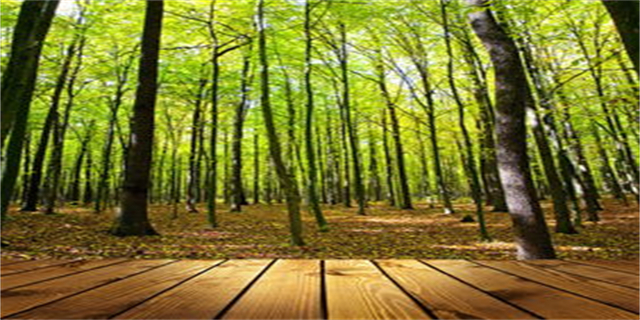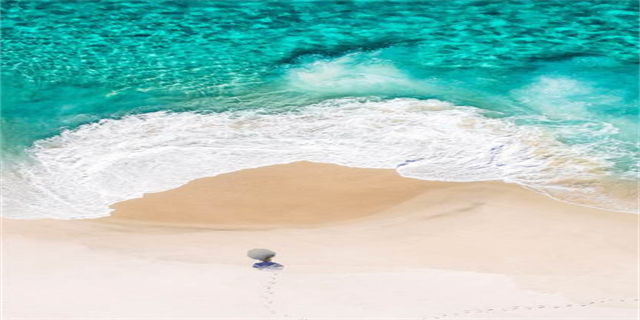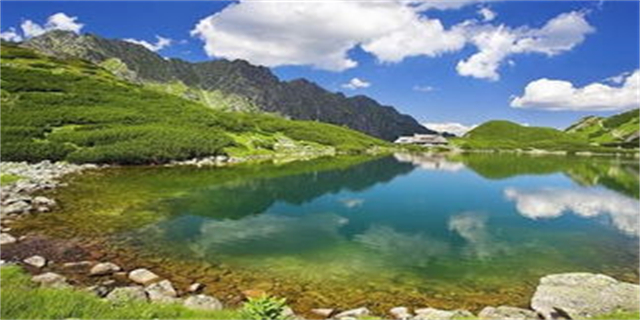coast和beach有什么区别(Coast vs Beach Differentiating the Two)

Coast vs. Beach: Differentiating the Two
Introduction: When it comes to water destinations, people often interchangeably use the terms coast and beach to describe them. However, despite their close association, these two terms are different from each other. In this article, we'll delve into what makes a coast different from a beach.
What is a Coast?
A coast, also known as a coastline or a seashore, is the land that borders a body of water such as the ocean or a sea. A coast can be rugged or gentle, long or short, and can be characterized by cliffs, hills, dunes, or bays. A coast can be natural, artificial or a combination of both, and can be shaped by geologic processes such as erosion, sedimentation or tectonic movements.
What is a Beach?
A beach, on the other hand, refers to the part of the coast that is covered by sand or shingle. Beaches are a result of wave action and are constantly moving due to the ebb and flow of tides. Beaches may consist of different types of sand such as coral, volcanic, or golden, and can be characterized by the slope of the shoreline. Beaches can also have different features such as dunes, reefs, or rock pools.
What Are the Key Differences?
The main difference between a coast and a beach is the materials that make up the land. A coast is the general term that refers to the land that borders a body of water, while a beach is a specific term that refers to the sandy or pebbly area that is part of the coast. Moreover, beaches are usually found on gentle coasts, while rocky coasts rarely have beaches. While most beaches consist of sand or shingle, a coast can be made up of rock formations.
Another key difference between the two is their function. Coasts can be used for various activities such as fishing, boating, or camping, while beaches are mainly used for recreational purposes such as swimming, sunbathing or playing beach volleyball.
Lastly, coasts are more diverse in terms of their landscape and are more prone to natural disasters such as landslides or hurricanes, while beaches offer a more uniform and inviting landscape and are less prone to natural disasters.
Conclusion: In conclusion, coasts and beaches are related but different from each other. While a coast refers to the land that borders a body of water, a beach is the specific sandy or pebbly area that is part of the coast. Understanding these differences can help us choose the right destination for our next seaside adventure.











